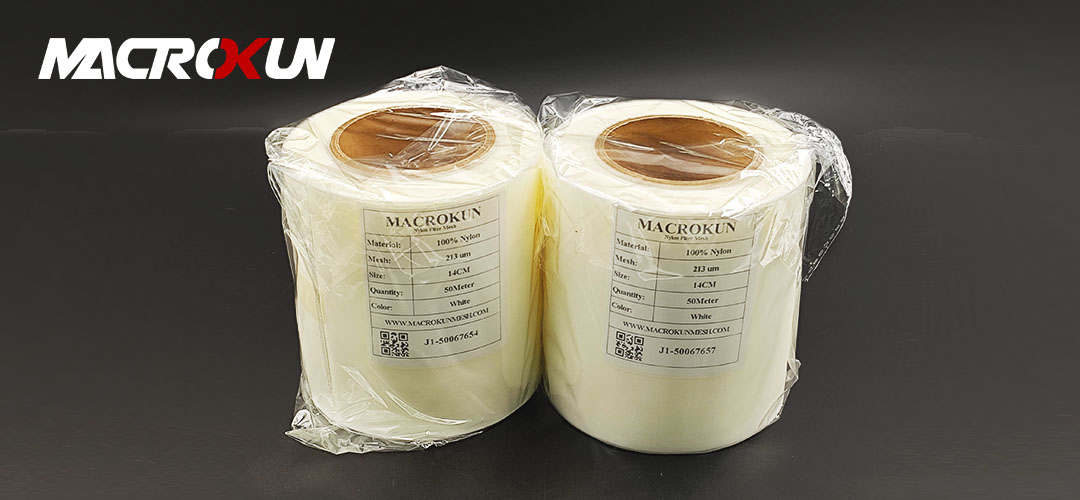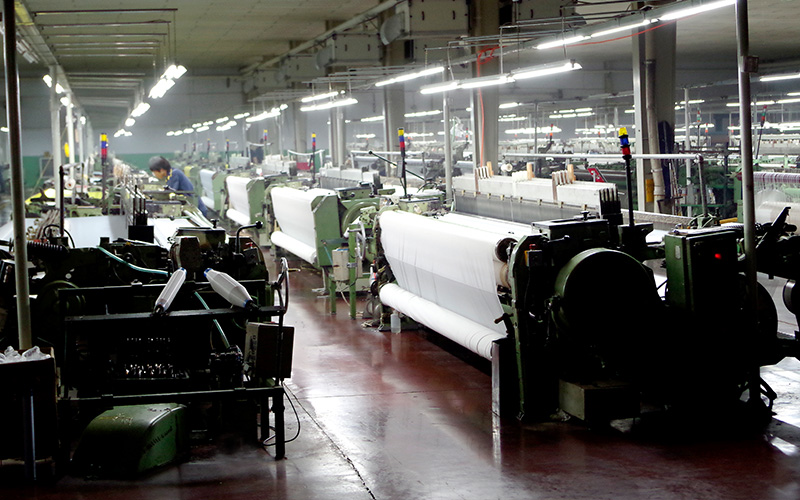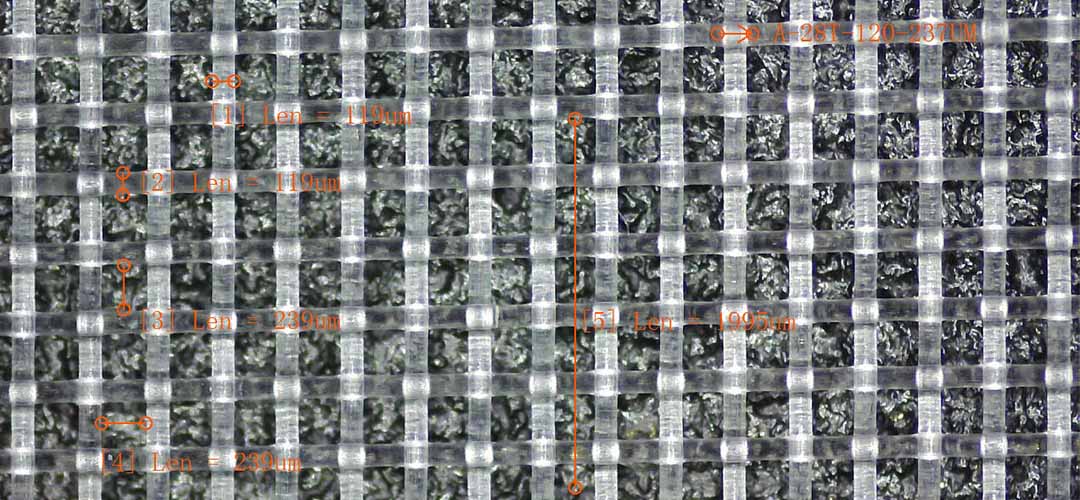Micron mesh sieves are an essential tool for precise filtration in laboratory and industrial settings. These sieves are designed to accurately separate particles based on their size, ensuring that only the desired particles pass through while larger particles are retained. The use of micron mesh sieves offers a wide range of benefits for laboratory filtration processes.
One of the key benefits of using micron mesh sieves is their ability to provide precise and consistent results. These sieves are manufactured with high-quality materials and precise manufacturing techniques, ensuring that the mesh openings are uniform and accurate. This level of precision allows for reliable and repeatable filtration results, which is essential for laboratory experiments and industrial processes that require consistent particle separation.
In addition to their precision, micron mesh sieves also offer a high level of customization. These sieves are available in a wide range of mesh sizes, allowing users to select the sieve that best suits their specific filtration needs. Whether you are looking to separate large particles from a sample or filter out fine particles, there is a micron mesh sieve available to meet your requirements. This level of customization ensures that users can achieve the desired filtration results for their specific application.
Another benefit of using micron mesh sieves is their durability and longevity. These sieves are constructed from high-quality materials that are designed to withstand the rigors of laboratory and industrial use. The mesh openings are resistant to wear and tear, ensuring that the sieve maintains its accuracy and effectiveness over time. This durability not only ensures reliable filtration results but also helps to reduce the need for frequent sieve replacements, saving time and money in the long run.
Furthermore, micron mesh sieves are easy to clean and maintain, making them a convenient filtration solution for laboratory and industrial settings. The smooth surface of the sieve allows for easy cleaning, and the durable materials can withstand regular cleaning without compromising the integrity of the sieve. This ease of maintenance helps to ensure that the sieve remains in optimal condition for continued use, providing reliable filtration results with minimal effort.
Additionally, micron mesh sieves are versatile and can be used for a wide range of applications. Whether you are working in a laboratory setting or an industrial environment, these sieves can be used to separate particles in liquids, powders, or granular materials. From pharmaceuticals to food processing, micron mesh sieves offer a versatile filtration solution that can be adapted to meet the specific needs of various industries.

In conclusion, the benefits of using micron mesh sieves for laboratory filtration are numerous. From their precision and consistency to their durability and versatility, these sieves offer a reliable and efficient filtration solution for a wide range of applications. Whether you are conducting experiments in a laboratory or processing materials in an industrial setting, micron mesh sieves provide the precise filtration you need to achieve accurate and reliable results.
Micron mesh sieves are essential tools in laboratory and industrial settings for precise filtration of particles. These sieves are designed with a mesh size that allows for the separation of particles based on their size, ensuring that only particles of a certain size pass through while larger particles are retained. This level of precision is crucial in various industries where the quality of the final product depends on the removal of unwanted particles.
In industrial filtration processes, the use of micron mesh sieves can greatly improve efficiency. By accurately separating particles based on size, these sieves help to ensure that only the desired particles are present in the final product. This is particularly important in industries such as pharmaceuticals, food and beverage, and chemical manufacturing, where even small contaminants can have a significant impact on the quality and safety of the product.
One of the key advantages of micron mesh sieves is their ability to provide consistent and reliable results. The mesh size of the sieve determines the size of particles that can pass through, and this size can be precisely controlled to meet the specific requirements of the filtration process. This level of control ensures that the filtration process is consistent and reproducible, leading to higher quality products and reduced waste.
In addition to their precision, micron mesh sieves are also highly durable and long-lasting. Made from high-quality materials such as stainless steel or brass, these sieves are designed to withstand the rigors of industrial use. This durability not only ensures that the sieves can withstand repeated use without losing their effectiveness but also helps to reduce maintenance and replacement costs over time.
Another benefit of using micron mesh sieves in industrial filtration processes is their versatility. These sieves come in a wide range of mesh sizes, allowing for the filtration of particles ranging from large to very small. This versatility makes them suitable for a variety of applications, from coarse filtration of large particles to fine filtration of microscopic contaminants.
Furthermore, micron mesh sieves are easy to use and maintain. They can be quickly and easily cleaned between uses, ensuring that they remain free from contaminants that could affect the filtration process. Additionally, many sieves are designed to be stackable, allowing for multiple sieves to be used simultaneously to achieve finer levels of filtration.

Overall, micron mesh sieves play a crucial role in improving efficiency in industrial filtration processes. Their precision, durability, versatility, and ease of use make them indispensable tools for industries where the quality of the final product depends on the removal of unwanted particles. By investing in high-quality micron mesh sieves, companies can ensure that their filtration processes are consistent, reliable, and cost-effective, ultimately leading to higher quality products and increased customer satisfaction.
Micron mesh sieves are essential tools for precise filtration in laboratory and industrial settings. These sieves are designed to separate particles based on their size, ensuring that only particles of a certain size pass through while larger particles are retained. This level of precision is crucial for a wide range of applications, from pharmaceutical manufacturing to environmental testing.
When choosing the right micron mesh sieve for your specific filtration needs, there are several factors to consider. The first and most important factor is the size of the particles you need to separate. Micron mesh sieves are available in a wide range of sizes, from as small as 5 microns to as large as 500 microns. The size of the particles you are working with will determine the mesh size of the sieve you need.
In addition to particle size, it is also important to consider the material of the sieve. Micron mesh sieves are typically made from stainless steel, brass, or nylon. Stainless steel sieves are durable and resistant to corrosion, making them ideal for use in harsh industrial environments. Brass sieves are also durable and corrosion-resistant, but they are not as strong as stainless steel. Nylon sieves are lightweight and easy to clean, but they are not as durable as metal sieves.

Another important factor to consider when choosing a micron mesh sieve is the shape of the particles you are working with. Some particles are irregular in shape, while others are spherical. The shape of the particles can affect how they pass through the sieve, so it is important to choose a sieve that is designed to accommodate the shape of the particles you are working with.
It is also important to consider the type of material you are filtering. Some materials are abrasive or corrosive, which can damage certain types of sieves. If you are working with abrasive or corrosive materials, it is important to choose a sieve that is made from a material that can withstand these conditions.
In addition to particle size, material, and shape, it is also important to consider the type of filtration you need. Some applications require a single sieve, while others may require multiple sieves in a series. In these cases, it is important to choose sieves that are compatible with each other and can be used together to achieve the desired level of filtration.
When choosing a micron mesh sieve, it is important to consider all of these factors to ensure that you select the right sieve for your specific filtration needs. By taking the time to carefully consider these factors, you can ensure that you achieve the precise filtration you need for your laboratory or industrial application.
In conclusion, micron mesh sieves are essential tools for precise filtration in laboratory and industrial settings. When choosing the right sieve for your specific filtration needs, it is important to consider factors such as particle size, material, shape, and type of filtration. By carefully considering these factors, you can select the right sieve to achieve the level of precision you need for your application.
Pre: Industrial Nylon Mesh: Heavy-Duty Filtration for Large-Scale Operations
Next: Micron Nylon Mesh Filters: Precision Filtration for a Wide Range of Applications

MACROKUN has established long-term and stable cooperative relations with many transportation companies such as China Post, DHL, FEDEX, USPS, UPS, etc. Of course, MACROKUN can also provide air and sea transportation. The powerful logistics system enables all MACROKUN'S Printing Mesh, Filter Mesh and Filter Bags and so on to be easily and efficiently transported to any place. For quotes and inquiries, please email our sales team.





